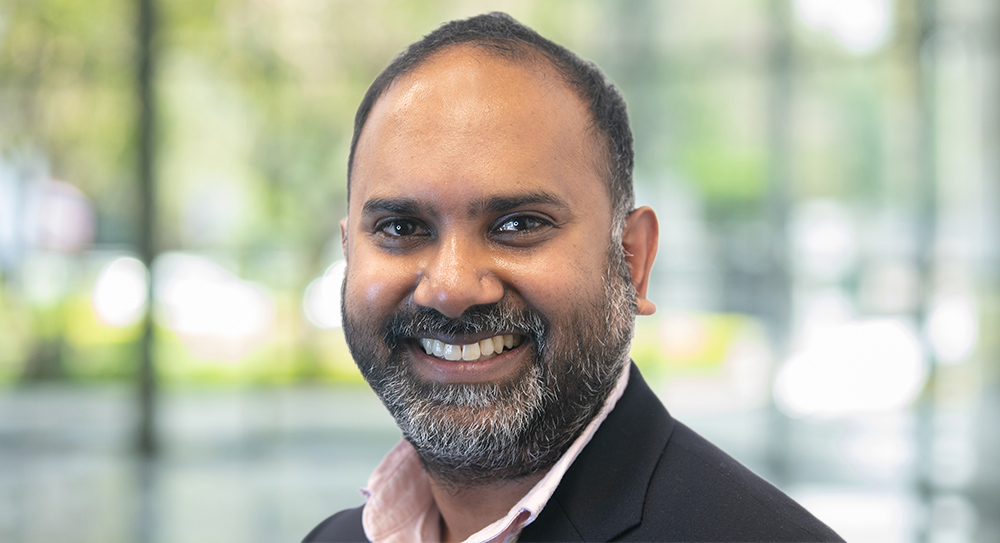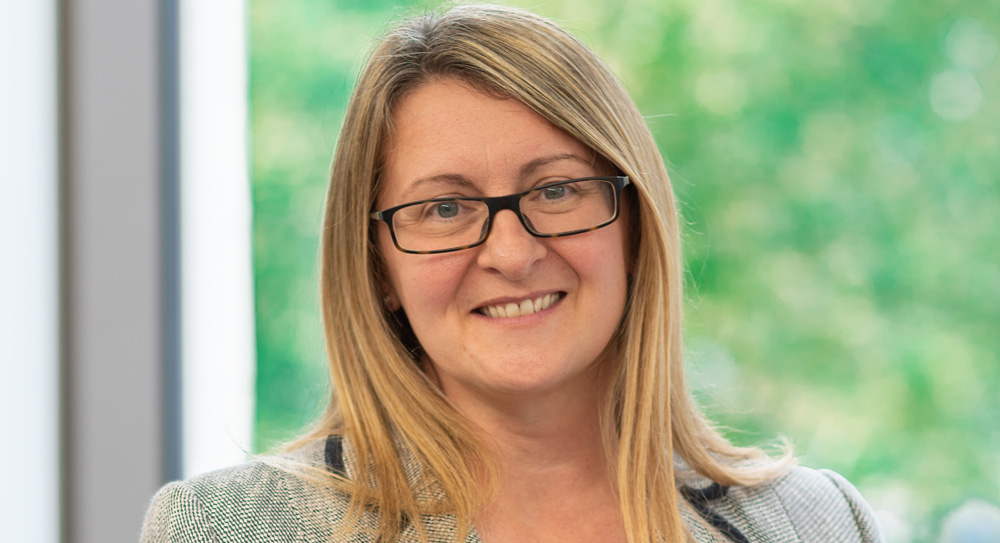Profile: Fabio Ranghino, Ambienta
The Drawdown (TDD): You joined Ambienta in 2011 as an associate, having completed your MBA in business administration and management.
Categories: ProfileESGESG policyESG regulationFundraising & fund structuringFund docsODD / DDQReporting & Transparency Reporting softwareTechnologyReporting portal






